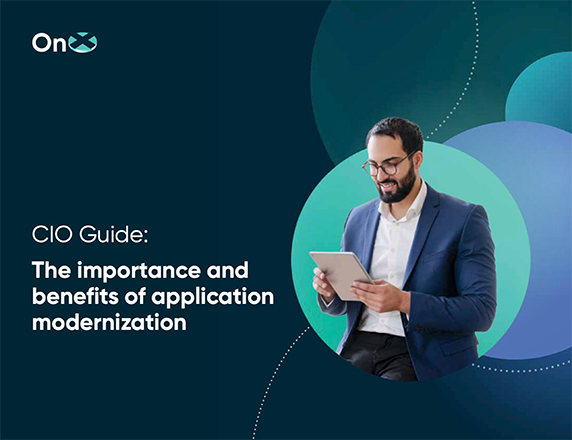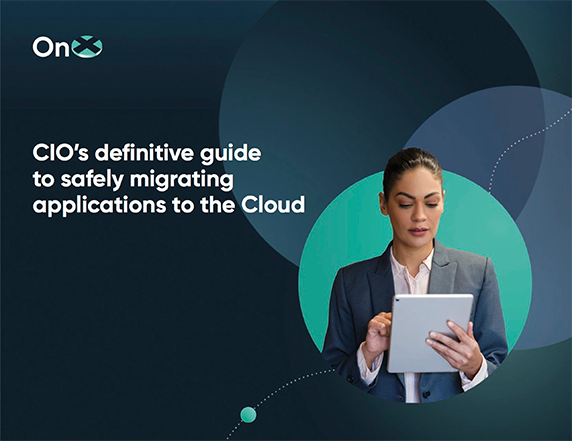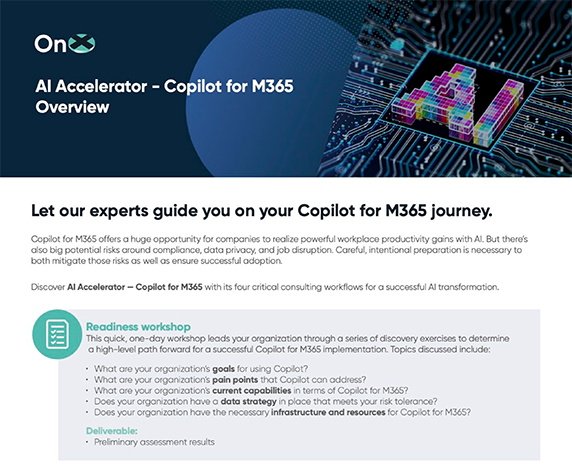Research shows that the AI networking market is expected to increase to $192 billion during the next decade, up from $15 billion today. This represents a year-over-year jump of more than 30% and is only the start of AI’s future in networking. Networking AI, which has...
Government Agency Ferry Operator

Challenge
A government agency that ferries people and products from the mainland to an island province retired its dated, inefficient website and replaced it with a mobile-friendly custom eCommerce site that made life easier for its passengers and commercial shippers.
Ferries are the main mode of surface transportation for this island province and a major economic contributor to the economy as a whole. The government agency responsible for these ferries recognized its website was a source of delays and frustration for its citizens and business community.
Three factors motivated the ferry agency to revamp its website and mobile capabilities:
- Unresponsive website: The ferry agency’s website could not provide up-to-date departure or delay times and did a poor job of communicating accurate information as it became available — producing long and frustrating delays for passengers. The website was not mobile friendly and conveyed a limited amount of information to users. Furthermore, the website was difficult to manage and required the IT and development teams to make any changes.
- Manual bookings: People had to phone in their consumer and commercial ticket orders, which was inefficient, costly and time consuming.
- Inefficient commercial shipping: Companies shipping products had a hard time tracking the flow of goods on the ferries, as containers had to be dropped off, shipped and then timed for pick-up on the other end. It was a manual process that was prone to errors and costly delays.
The ferry operator acknowledged it needed a new mobile website and web content management solution that could improve usability and responsiveness, replace manual processes and address commercial shippers’ logistics concerns. Mobile capabilities had to be transformed to enable consumers to purchase ferry tickets on their phones and commercial shippers to coordinate pickup with their drivers while in transit.
Solution
OnX developed a custom eCommerce and web content management solution to streamline the ferry operator’s digital user experience. The project had four key phases:
- Digital assessment: Through a digital assessment consulting engagement, OnX mapped out the client’s specific business goals and created an in-depth project plan to be rolled out in phases. The assessment produced a roadmap that demonstrated how improved digital technology would better serve both consumer and commercial customer requirements.
- Responsive, custom eCommerce website: OnX built a responsive mobile eCommerce website that included a ticket-management platform to enable electronic payment on any device.
- Web content management: Ticketing and eCommerce were integrated into a leading web content management platform.
- Commercial logistics: OnX built a mobile digital solution for tracking containers, coordinating pick-up times while en route, paying dock storage charges, billing shipping companies and providing real-time weather notifications.
Results
OnX’s upfront digital assessment ensured that its digital team clearly understood the client’s marketing, Commerce, ticketing and logistics requirements — vastly accelerating the project’s time to market. The new digital platform no longer requires support from the developer or IT teams. The marketing team can change content on their own in a much timelier manner and provide relevant, up-to-date information.
Usability has taken a quantum leap from people phoning into a busy call center to buying tickets over their smartphones. The responsive website provides a personalized user experience and lets people easily procure tickets online.
In two years, the agency expects to move a majority of its consumer revenue to the digital platform. Furthermore, customer satisfaction is much higher (and travel frustration much lower) because the agency easily communicates arrival and departure times for ferry passengers.
Finally, the revamped commercial platform improves the coordination and communication of the agency’s drop-shipping program for cargo containers. Commercial clients are much more satisfied because they can track their cargo in real time, avoiding costly overages.
Related Stories
Schedule a complimentary
30-minute consultation with an engineer
Join the Conversation!
Related Solutions
















